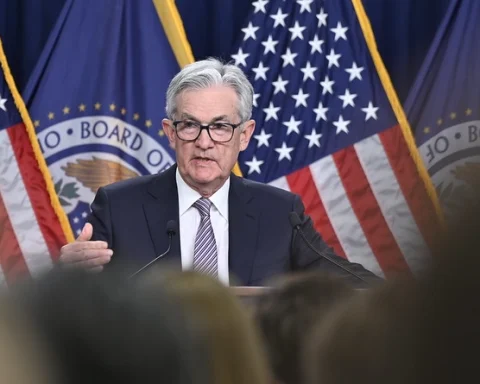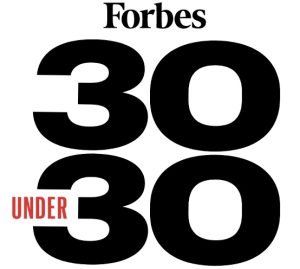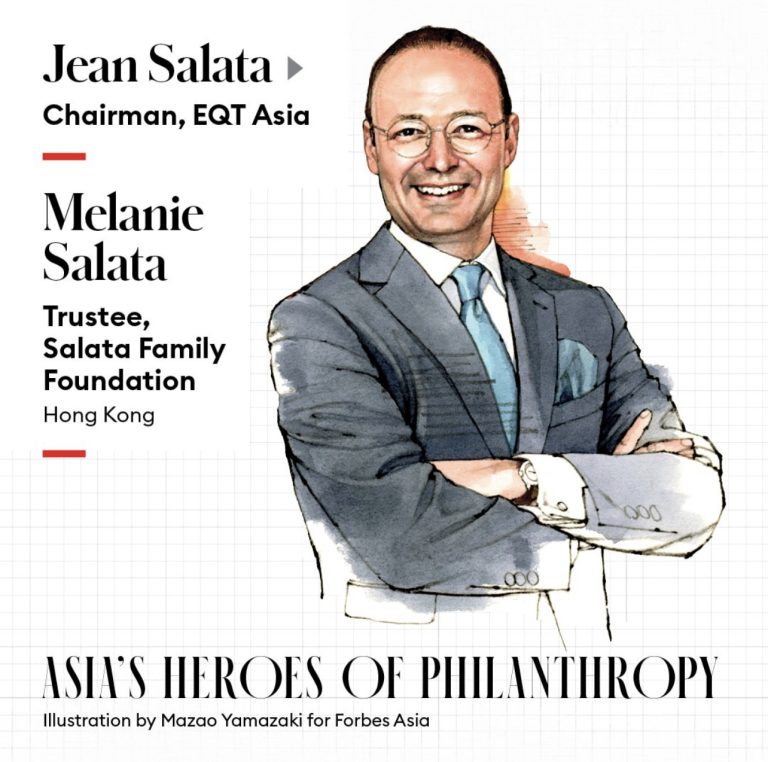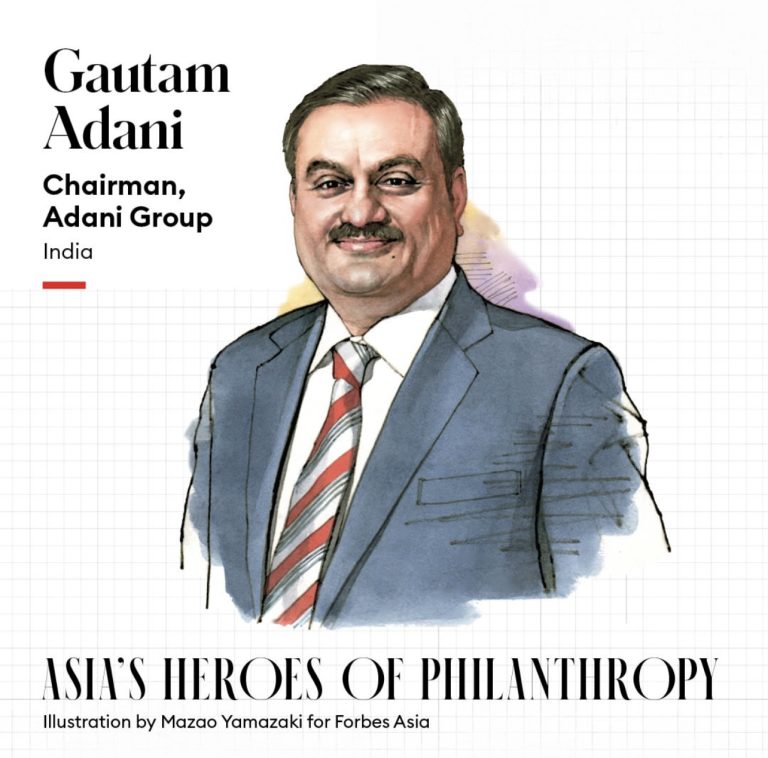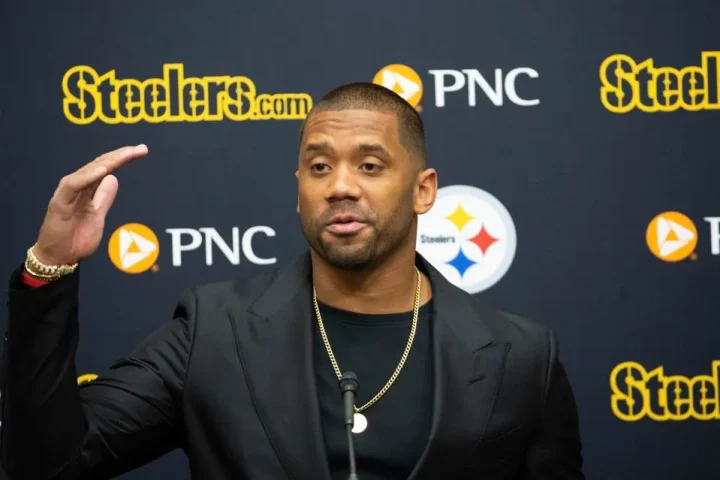In the intricate dance of European Union politics, Hungarian leader Viktor Orban’s orchestrated exit from the recent EU leaders’ summit reveals both the challenges and triumphs facing the bloc. While the decision to open membership talks with Ukraine and Moldova stands as a historic stride, the shadow of potential discord looms over the struggle to secure €50 billion in aid. Is Orban’s departure a strategic move, or does it signal deeper fissures within the EU?
Orban’s Strategic Exit: Viktor Orban’s departure from the EU leaders’ summit, characterized as stage-managed, has sparked contemplation on its implications. Unlike historical events, such as Charles De Gaulle’s European boycott in the 1960s, Orban’s exit seems to have added momentum rather than crisis, particularly in relation to unity with Ukraine.
Historic Agreement on Membership Talks: The EU leaders, undeterred by Orban’s absence, achieved a significant milestone by agreeing to initiate membership talks with Ukraine and Moldova. This move, though symbolic in part, sends a powerful message to global leaders, including Vladimir Putin and Donald Trump, emphasizing sustained support for Kyiv even amid uncertainties surrounding US aid.
€50 Billion Aid Struggle: While the EU’s commitment to membership talks is a triumph, the ongoing struggle to secure €50 billion in aid raises concerns. This financial hurdle poses a potential roadblock to the bloc’s unity, highlighting the intricate negotiations and internal challenges faced by EU leaders.
Unity in Question: Orban’s departure, far from being a crisis, might be a strategic play within the broader political landscape. However, the risk of larger conflicts within the EU remains, especially as issues like aid distribution and financial commitments come to the forefront.
As the EU navigates this delicate balance between symbolic victories and financial challenges, the trajectory of Orban’s actions and the bloc’s responses will shape the future dynamics of European unity. The historic agreement with Ukraine and Moldova stands as a testament to shared goals, yet the potential storm on the €50 billion aid front warns of possible discord within the EU’s ranks. Orban’s role in this intricate tapestry invites scrutiny, leaving the question of strategic maneuvering or brewing discord unanswered.
ReadMore: Ukraine’s Resilience Amidst Russian Aggression: A Chronicle of Struggle and Diplomacy



